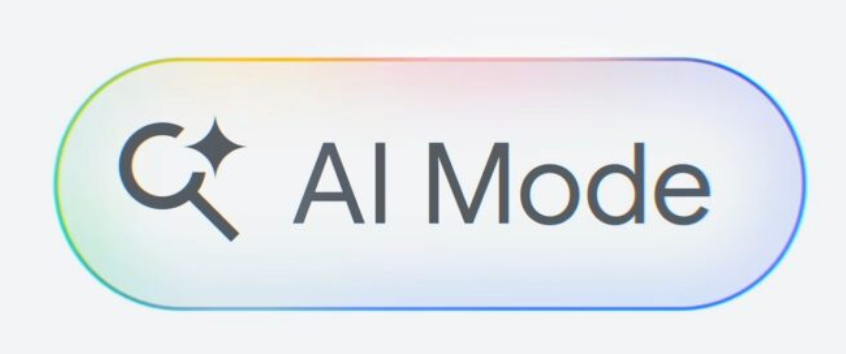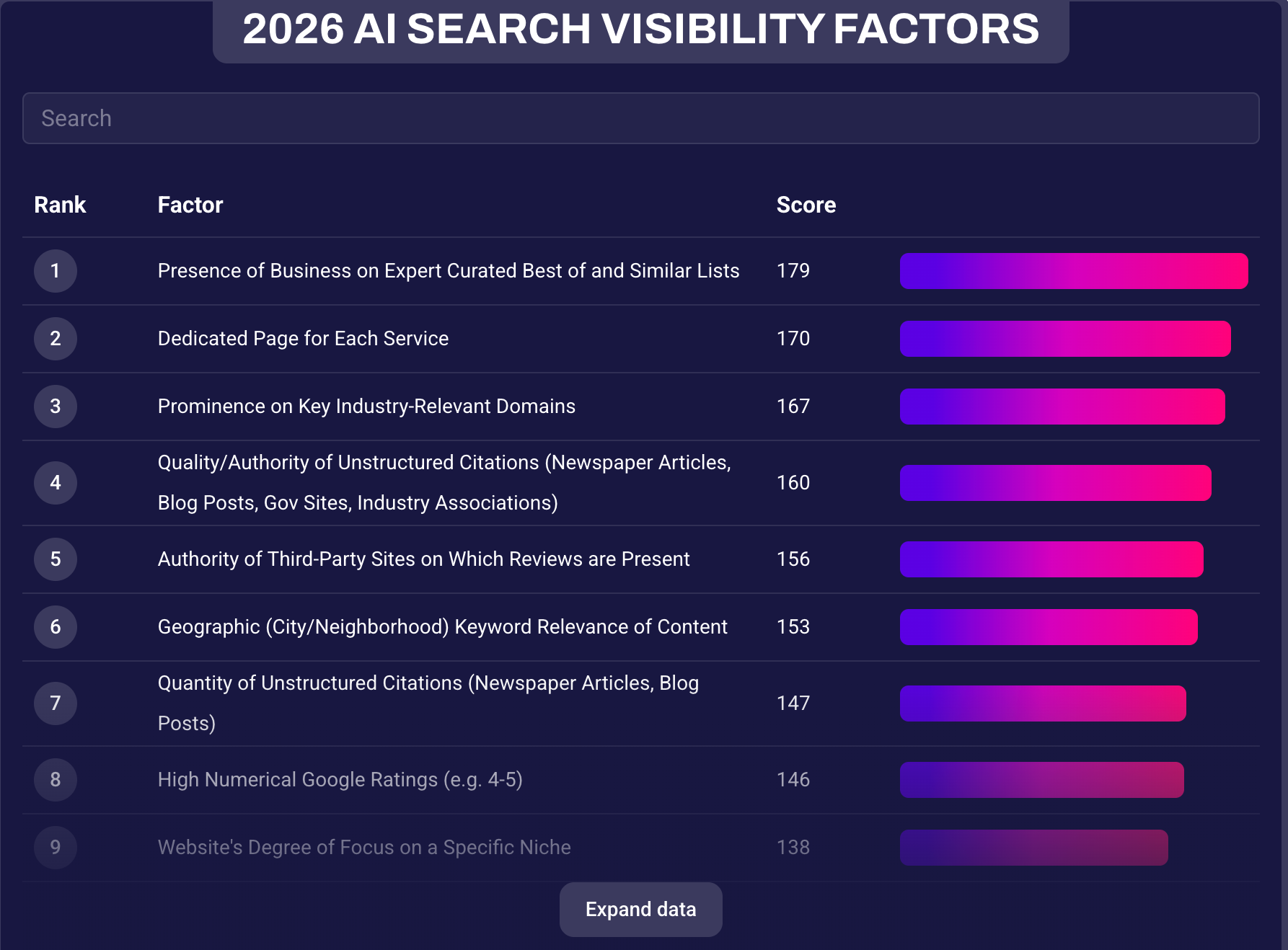Why Future Visitors to Local Business Websites Will Be AI – Not Humans
In the next few years, the way people find and interact with local businesses online will change dramatically. And the biggest shift? Your website’s most frequent visitor won’t be a person—it’ll be artificial intelligence (AI)
The Rise of AI in Search and Decision-Making
Search Is No Longer Just for Humans
Google, Bing, and other search engines are rapidly evolving into AI-first platforms. Instead of relying solely on human users typing in keywords, AI systems—like virtual assistants, smart devices, and chatbots—are now doing the searching on behalf of people. This means AI is browsing your website, interpreting its content, and summarising results for users without them ever clicking through.
Conversational AI and Voice Search Are the New Gatekeepers
From Siri and Alexa to ChatGPT and Google Gemini, conversational AI is becoming the first point of contact for customer enquiries. When someone asks, “Where’s the best café in Sydney?” or “Find me a local electrician in Canberra,” they’re not scrolling through websites—they’re getting an AI-generated recommendation. If your website isn’t structured for AI consumption, it won’t make the cut.
How AI Visitors Interact with Local Business Websites
They Don’t Read, They Extract
AI tools don’t “read” websites the way humans do. They extract meaning, structure, and semantic relevance. Structured data, schema markup, and high-intent Q&A content are more valuable than flashy design or emotional language. If your content isn’t machine-readable, your visibility will vanish.
AI Prioritises Relevance, Authority, and Structure
Local AI agents analyse websites for clear service offerings, location-specific content, trust signals (like reviews), and consistent metadata. A human might forgive clunky layout. AI won’t. It will skip your business for one that’s better optimised semantically and technically.
Why This Shift Matters for Local Businesses in Australia
Your Customers Will Still Exist—They’ll Just Use AI to Find You
Humans aren’t going away, but the path they take to reach you is changing. In 2025 and beyond, most people will never see your homepage. They’ll see an AI-curated summary, or book directly through a smart assistant. That makes AI your true “first customer.”
Local SEO Is Becoming Local AI Optimisation
Optimising for local SEO today means preparing for AI tomorrow. Businesses in places like Brisbane, Adelaide, or Canberra, need to focus on clear, structured content, conversational FAQs, and geographic relevance. AI will index and rank you based on how well your site answers real-world questions in natural language.
Why This Shift Matters for Local Businesses in Australia
Use Structured Content and FAQs
Adding semantically structured, conversational content—especially Q&A formats—makes it easier for AI to understand what you offer and where. Think: “Do you install split system air conditioners in Adelaide?” or “What are your business hours during public holidays?”
Add Schema Markup and Local Business Data
Implementing schema.org markup ensures AI systems can quickly identify your address, business category, operating hours, reviews, and service area. This data feeds directly into search results, voice assistants, and chatbots.
Create Machine-Friendly, Natural Language Copy
AI responds best to clean, concise, and structured content written in a conversational tone. Avoid jargon and ambiguous phrasing. Write like you’re answering a question a real person just asked.
Final Thoughts – The AI Future Is Already Here
The future of local search isn’t on the horizon—it’s already arrived. AI agents are quietly shaping who gets seen and who gets missed. For local businesses across Australia, the goal is no longer just to impress human visitors—it's to be understood by artificial intelligence.
The takeaway? Treat your website like it’s being visited by robots—because increasingly, it is.




